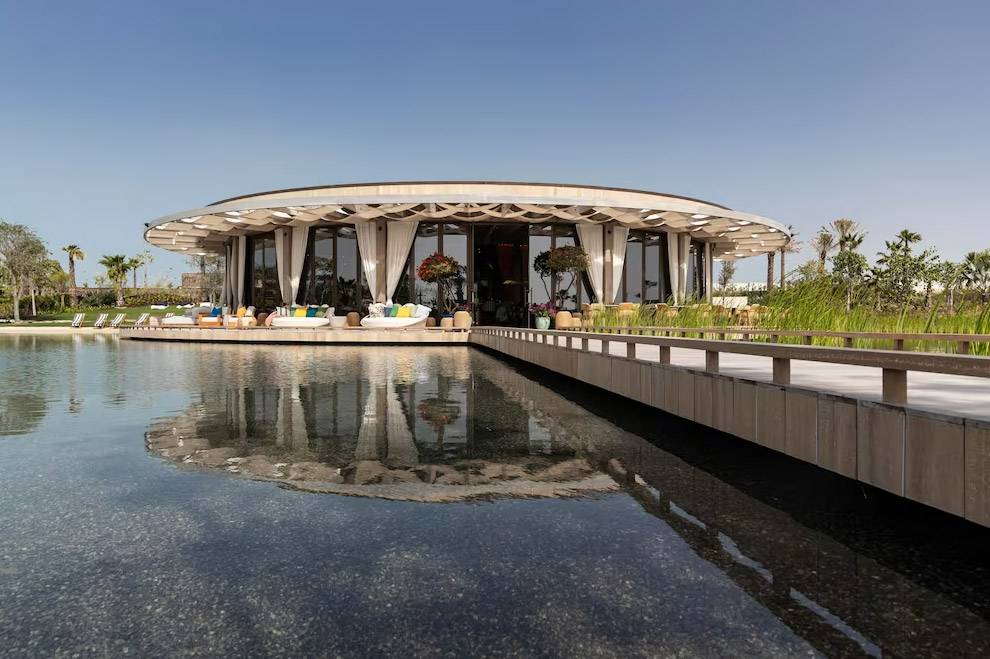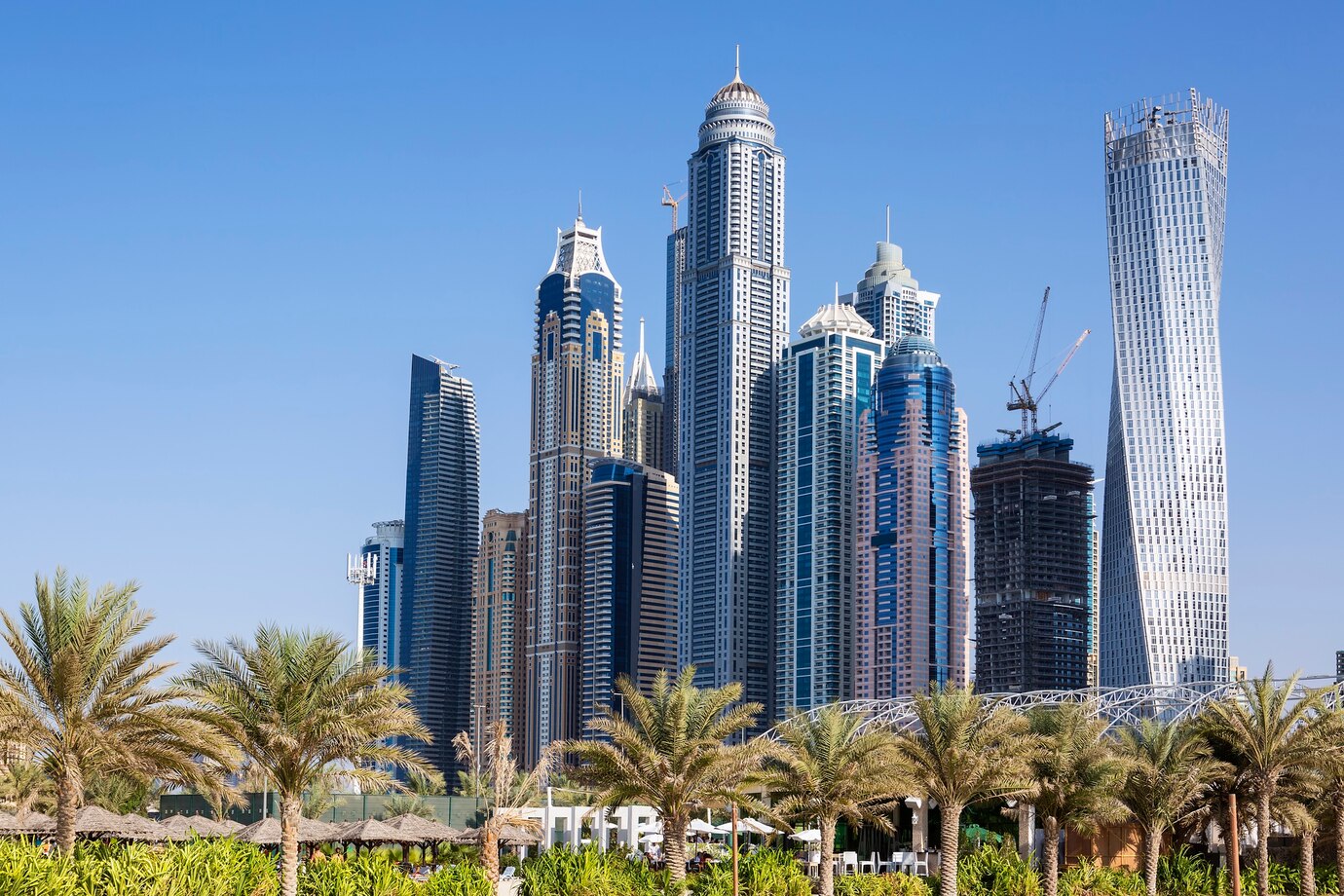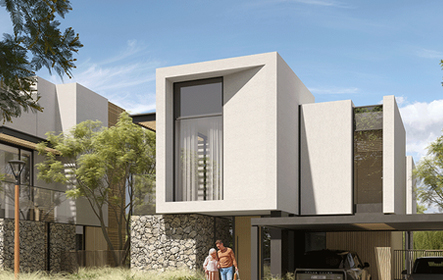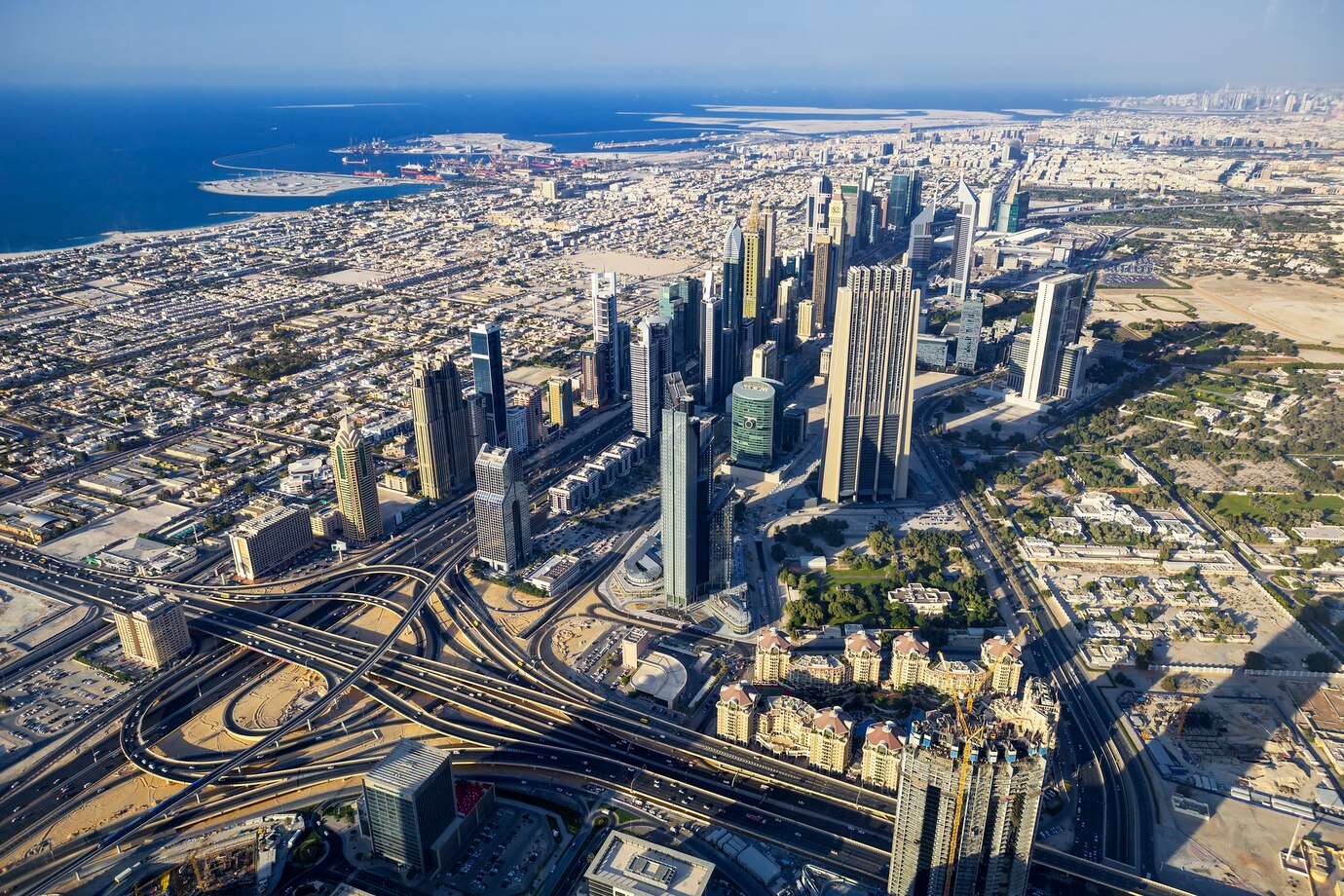Dubai’s residential market is gradually shifting into a seller’s market to profit from the gains made during the previous three-year surge in real estate prices.
Industry insiders claim that the recent surge in real estate prices is beginning to slow down and that when growth eventually reaches a plateau, some investors will be prompted to sell their properties and put their money into emerging markets that may yield higher returns.
Real estate in Dubai has seen several price increases, surpassing the 2014 peak last year due to the extraordinary demand seen in the post-pandemic period.
It’s interesting to note that many of the buyers who purchased real estate during the pandemic year are now selling to cash in on the gains made over the previous few years. These buyers saw an increase in the value of their assets of up to 200 percent.
A Betterhomes study indicates that sellers are in a favorable position right now, benefiting from an increase in real estate transactions and rising prices brought on by increased buyer demand.
“One of the key benefits for sellers in this swiftly expanding market is the potential for a lucrative return on investment, with property owners currently enjoying favorable rates. Additionally, selling property in Dubai offers the perk of zero capital gains or property taxes. The rapid growth in Dubai’s population further amplifies property demand and prices, creating an advantageous landscape for sellers, particularly areas with limited supply,” said Louis Harding, managing director, Betterhomes.
Betterhomes’ sales manager, Toni Abou Jaoude, stated that the best-selling conditions arise when the price attained yields a significant profit, permitting further reinvestment in properties after the sale.
“This serves as strong motivation for sellers to capitalize on the current market conditions and use their gains to reinvest in more properties,” he said.
By analyzing data trends, Abou Jaoude claimed that a seller’s market in Dubai indicates strong demand, little inventory, and a continuous pattern of providing investors and end users with higher returns.
“However, over the past two years, the demand for purchasing among end-users has doubled, driven by an unprecedented escalation in rental prices across the city. This makes it a seller’s market for those looking to realize profits on their real estate investments,” he said.
According to Abou Jaoude, the value of properties bought during the pandemic year increased significantly, with estimates ranging from a conservative 50% to as much as 200 percent in some areas.
The sales manager at Betterhomes went on to say that the best areas for returns are downtown, District 1 MBR, Jumeirah, which includes private Jumeirah villas in Dubai Hills, Palm Jumeirah, and DIFC, and communities like Bulgari, La Mer, Nikki Beach, and MJL.
HEADWINDS IN 2024
Due to population growth and the influx of high-net-worth individuals, the property market in the emirate ended 2023 on a strong note, marking important milestones even as interest rates peaked, according to Mayed Alrashdi, a research analyst at Emirates NBD.
However, he sees Dubai’s real estate market could face “some headwinds in 2024, including continued high interest rates, declining affordability for the average household, and a growth in the supply of new units.”
He continued by saying that the impact of last year’s high-interest rates was evident in the 7% annual decline in the total value of mortgage transactions, which came to Dh125 billion.
“The rapid price growth, coupled with the high interest rate environment has affected the affordability of housing for the average household. The anticipated increase in supply, comprising 41,500 apartments and 18,500 villas in 2024, should help to stabilize residential real estate prices this year,” he added.





